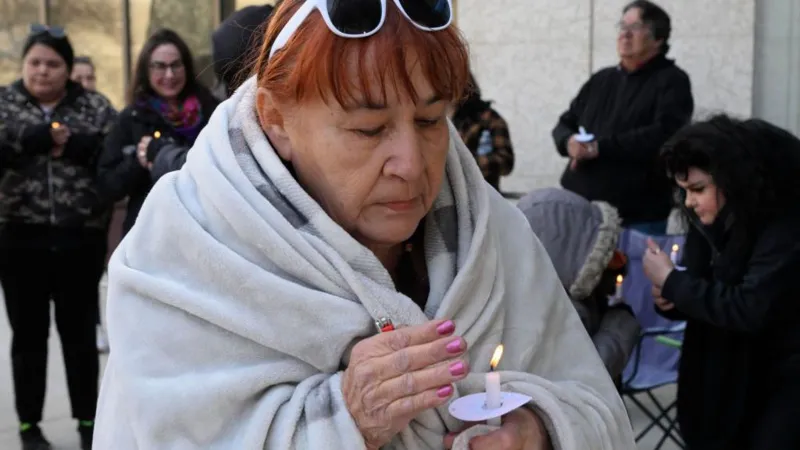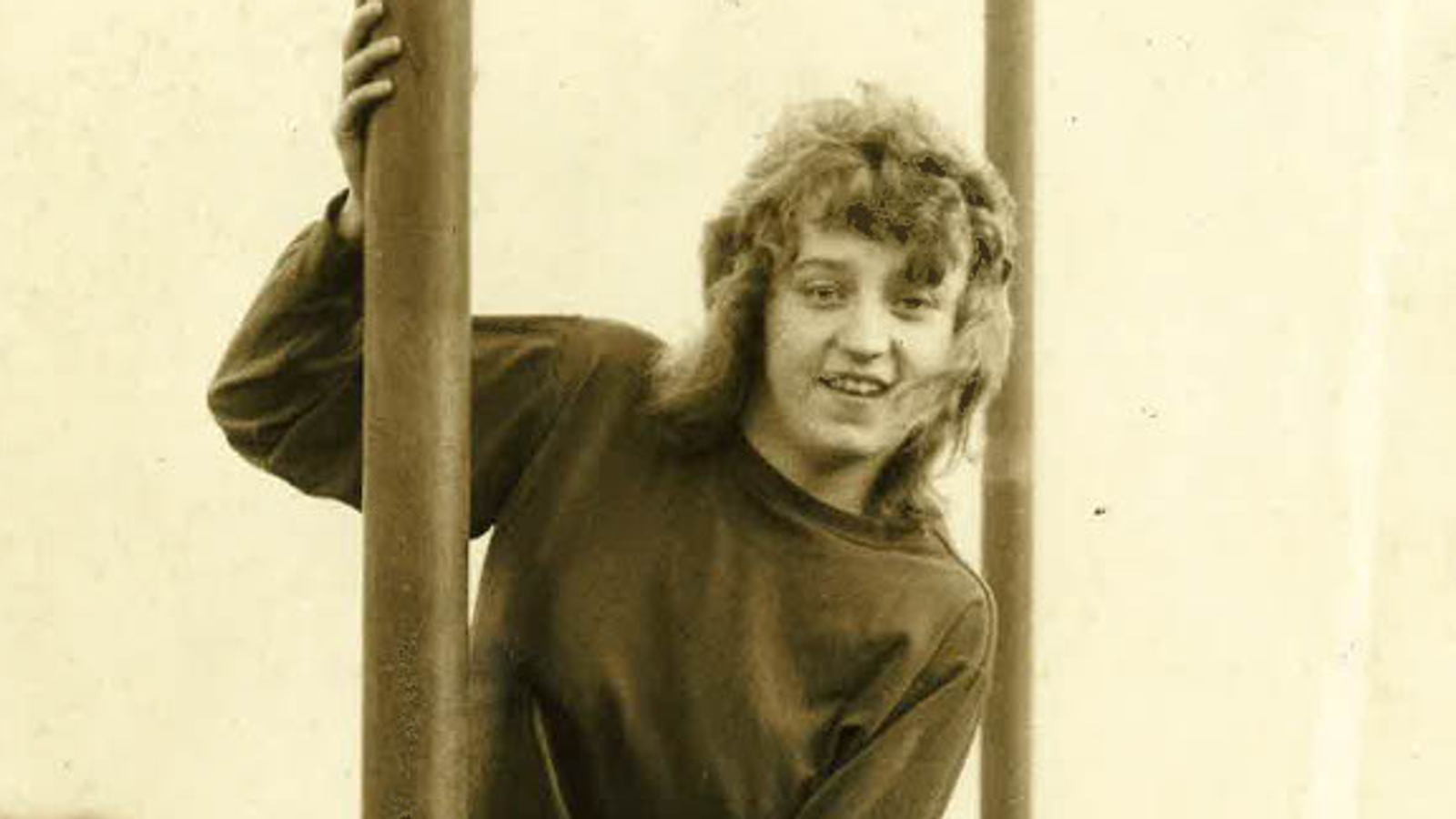Canadian killer given life sentences for four murders
Canadian serial killer Jeremy Skibicki has been given four life sentences for the 2022 murders of four Indigenous women in Winnipeg.

Warning: This story contains details readers may find distressing.
He showed no reaction as the sentence was read, and was emotionless as family members of victims delivered angry impact statements in court on Wednesday.
Prosecutors argued that Skibicki, 37, killed four women in 2022 in calculated and racially motivated crimes.
He had pleaded not guilty due to mental disorder.
The murders and subsequent trial sent shockwaves through Canada’s Indigenous community, which has long grappled with cases of violence against women.
The victims are Morgan Harris, 39, Marcedes Myran, 26 and Rebecca Contois, who was 24. The fourth woman has yet to be identified, and was given the name Mashkode Bizhiki’ikwe, meaning Buffalo Woman, by Indigenous elders.
Throughout the trial, a buffalo head sat on a red cloth on a table near the prosecutors in tribute to the still unidentified victim.
The remains of two victims are believed to still be in a landfill in Winnipeg. A formal search has been set for this autumn, after months of pressure from their families.
According to court documents, Skibicki killed the women between March and May of 2022, with Ms Contois believed to be the final victim.
He met at least two at local homeless shelters in Winnipeg, a city of 820,000 in Manitoba province.
Over the course of the trial, the court heard that Skibicki had assaulted the women, strangled or drowned them, and then committed sex acts on them before dismembering their bodies and disposing of them in trash bins.
The killings went undetected for months, until a man looking for scrap metal in a bin outside Skibicki’s apartment found partial human remains in May 2022 and called police.
The murderer shocked police by confessing to three other murders while he was being interrogated for Ms Contois' death.
Skibicki’s lawyers tried to argue that he was not aware of the severity of his actions due to delusions driven by schizophrenia. They argued he was hearing voices that told him to commit the crimes as part of a mission from God.
He is not eligible for parole for at least 25 years, when he is at least 60.
"Make no mistake Mr Skibicki, because of the current state of the law, the only available sentence that I can impose today will regrettably not adequately reflect the gravity of these offences," said Judge Glen Joyal.
The women, the judge said, "were preyed upon and targeted by a white supremacist who was acting upon his homicidal necrophilia".
Multiple family members and representatives from First Nation communities delivered impact statements to the court.
“The heinous crimes committed by Mr Skibicki have left a deep scar on First Nations people and the reverberations of his actions will be felt for generations,” said Grand Chief Cathy Merrick of the Assembly of Manitoba Chiefs.
“Despite the overwhelming challenges, the community remains resilient.”
-BBC







